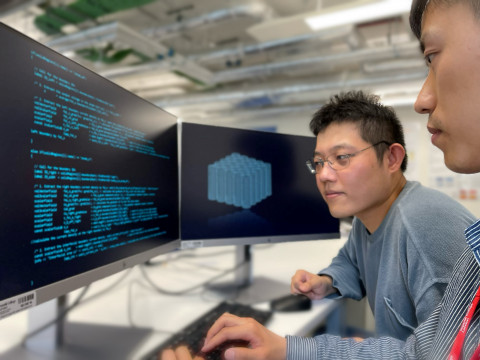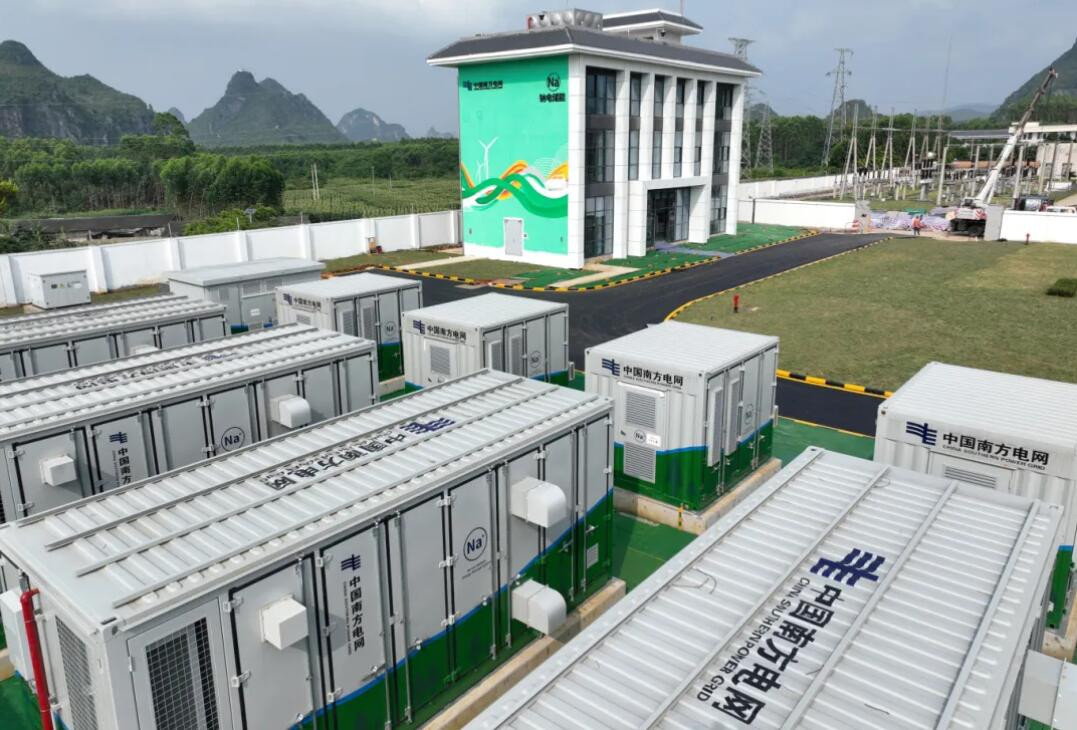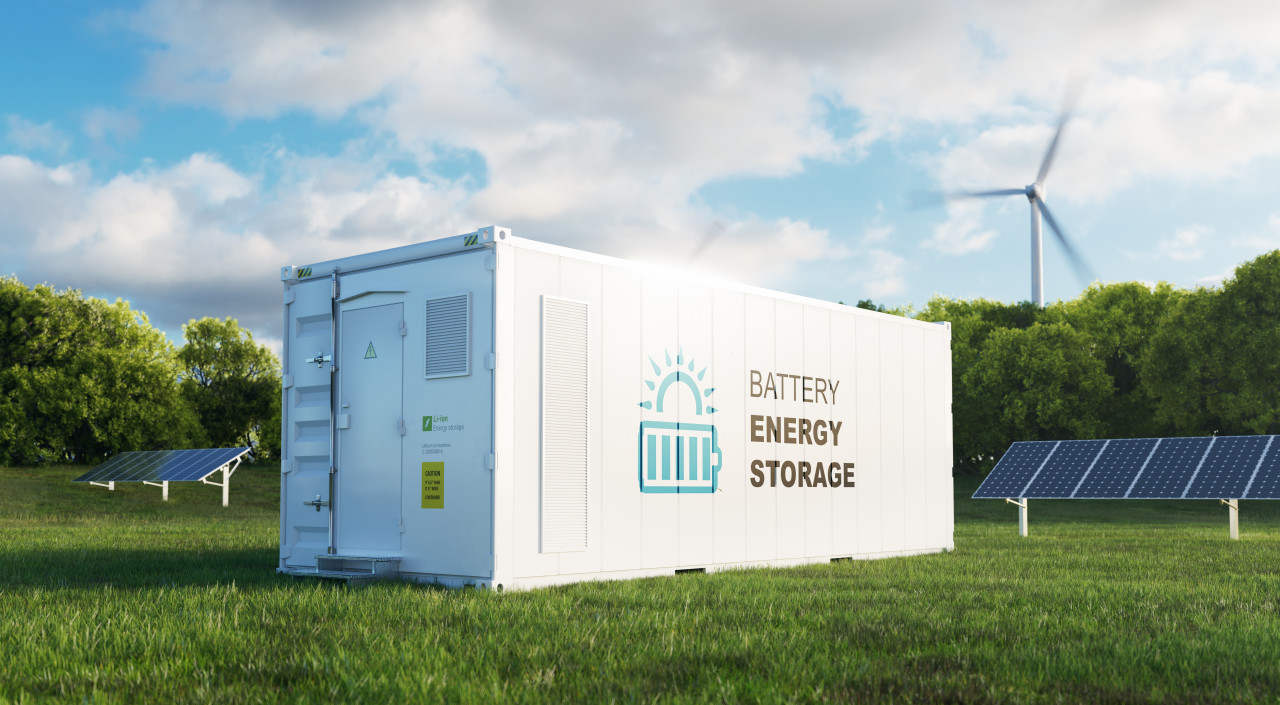WAE, Imperial College London backs Faraday Institution funded BESAFE project
Imperial College London and Williams Advanced Engineering (WAE) have announced that they are working on a project to bridge the gap between thermofluid science and battery electrochemistry; developing a first-of-a-kind multiphase multiphysics model of battery failure via thermal runaway (a self-sustaining cascade of exothermic reactions that produce large volumes of gas).
The model will consider gas dynamics and their interactions with electrochemical and thermal behaviours, to advance the understanding of initiation and propagation of the thermal runaway processes and accelerate the design of countermeasures.
The work that the Electrochemical Science and Engineering research group at Imperial College London has achieved in the battery field aligns with WAE's interest in offering greater battery safety and longevity. Achieving this will deliver cost-effective electrification solutions to benefit both WAE and our global client base.
Applying the multiphase multiphysics modelling toolsets will enable the design of safer battery packs with fewer iterations and physical tests, saving time, costs, and materials.
As part of this programme, WAE will provide thermal runaway/propagation test data which has been developed because of numerous Research and Development programmes whilst the battery team will provide technical knowledge and industrial experience on battery safety designs helping steer the project to success.
Rob Millar, Head of Electrification, Williams Advanced Engineering commented "We are confident that the proposed study will bring tangible economic and environmental benefits and look forward to building on our long-term partnership with the team at Imperial College London."
Dr. Huizhi Wang of Imperial College London who is leading the project said "Understanding and modelling thermal runaway plays a crucial role in guiding the development of safer batteries but remains challenging due to the complexity of the process. We are excited to be working with Williams Advanced Engineering on this research project to address the key knowledge gaps in battery safety modelling."






















